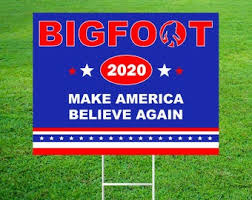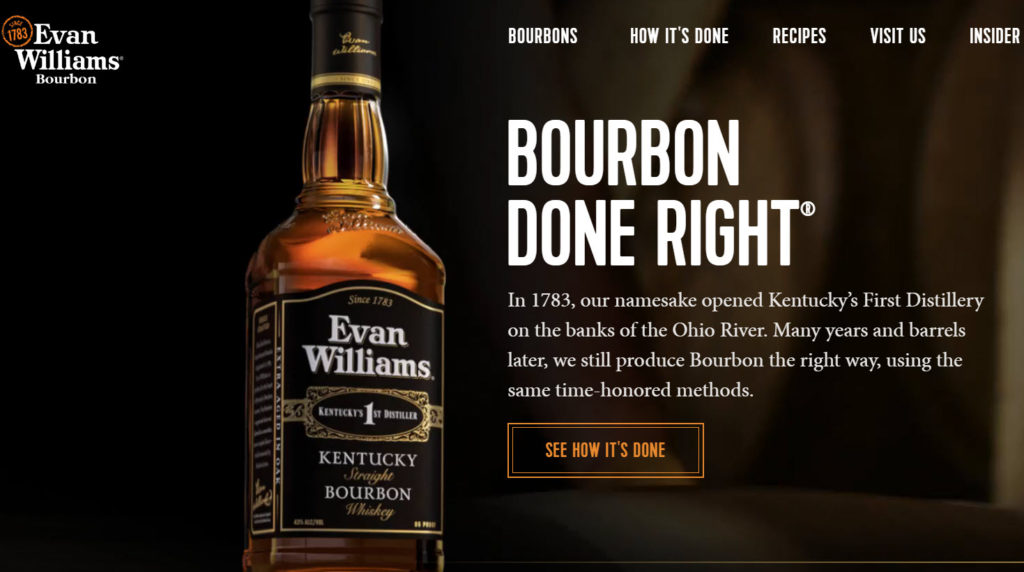Words Are the Root of All Business.
 When you are in the brand strategy business it’s hard to share your work product. Brand strategy as Mighty Jungle owner Mark Pollard would say “Is your words.” I refer to brand strategy as an organizing principle, but that principle is words on screen or on paper.
When you are in the brand strategy business it’s hard to share your work product. Brand strategy as Mighty Jungle owner Mark Pollard would say “Is your words.” I refer to brand strategy as an organizing principle, but that principle is words on screen or on paper.
Success and failure in branding is tied to adherence to the brand strategy and to the actions and marketing activities generated. When on-strategy you are likely to have success. Off strategy, it’s a crap shoot. Once I’ve created a brand strategy for a company it’s left to the makers and builders and brand managers to see it through. I don’t make logos. I don’t write print adds. I don’t create a web experience and code.
So, on my website what do I show? Process charts? Customer testimonials? Client logos? Case studies? Other people’s work? Meaning other communication agencies’ work? And let’s not forget, in almost all cases I’m under nondisclosure.
What do I do to move customers closer to a sale on the web? Well, right now I use words. And more words. For 14 years I’ve blogged about branding. In the fishing world this would be called chumming. I toss branding words into the ether and hope it attracts attention.
So far it’s worked. Words are the root of all business.
Peace.



